Reshoring Case Studies
Reshoring Case Studies
Here are some prominent case studies of companies that have undertaken reshoring initiatives:
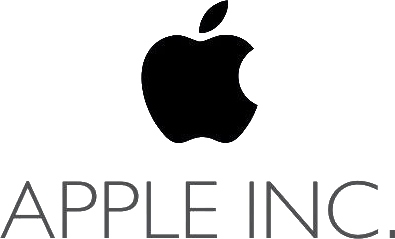
Apple Inc.
Background: Apple, one of the world's largest technology companies, had a significant portion of its production based in Asia, primarily in China.
Reshoring Initiative: In 2013, Apple announced a $100 million investment in the production of Mac computers in the United States. The company began manufacturing Mac Pro computers in Austin, Texas.
Reasons: Besides the public perception and positive marketing of "Made in the USA," logistical advantages and proximity to design and development teams in the USA also played a role.
GENERAL ELECTRIC (GE)
Background: GE had shifted the production of household appliances and lighting overseas to benefit from lower production costs.
Reshoring Initiative: GE invested over a billion dollars to reshore the manufacturing of household appliances to its facility in Louisville, Kentucky.
Reasons: Reducing the supply chain, proximity to the U.S. market, quality control, and the realization that the overall costs of domestic production were competitive.

BROOKS BROTHERS
Background: The long-established clothing company had moved many of its production activities overseas.
Reshoring Initiative: The company decided to bring back the production of ties, shirts, and suits to the USA.
Reasons: Shorter supply chains, quality control, and a growing awareness of "Made in the USA" among consumers.
WHIRLPOOL CORPORATION
Background: As one of the world's leading household appliance manufacturers, Whirlpool moved parts of its production to Mexico and Asia.
Reshoring Initiative: The company shifted the production of hand mixers from China to Greenville, Ohio, and invested in U.S. washing machine manufacturing.
Reasons: Cost savings through supply chain reduction, tax incentives, and proximity to the main market.
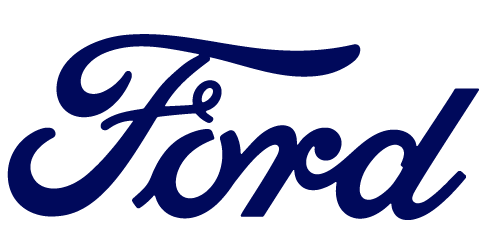
FORD MOTOR COMPANY
Background: Like many car manufacturers, Ford had moved parts of its production abroad.
Reshoring Initiative: Ford announced plans to relocate the production of certain vehicle components and models back to the USA.
Reasons: Competitive labor costs in the USA, logistical advantages, and the goal of creating domestic jobs.
These case studies illustrate the diversity of reasons for companies to engage in reshoring. It's not just about costs but also about logistical advantages, market proximity, quality control, and sometimes brand image and awareness. It should be noted that reshoring decisions are complex and can vary from one company to another.
In Germany, there are examples of companies that have adopted reshoring strategies. Here are some case studies:
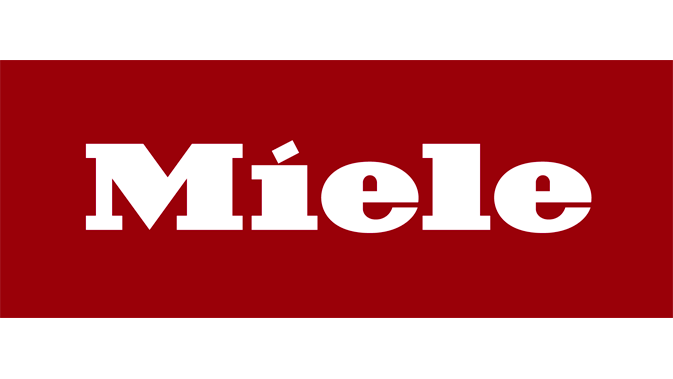
MIELE
Background: Miele is a leading manufacturer of premium household appliances known for its "Made in Germany" quality.
Reshoring Initiative: Miele chose to bring back some production that had previously been outsourced to Eastern Europe and Asia to Germany.
Reasons: Quality assurance, the desire for better control over the production process, and the ability to respond quickly to market changes.
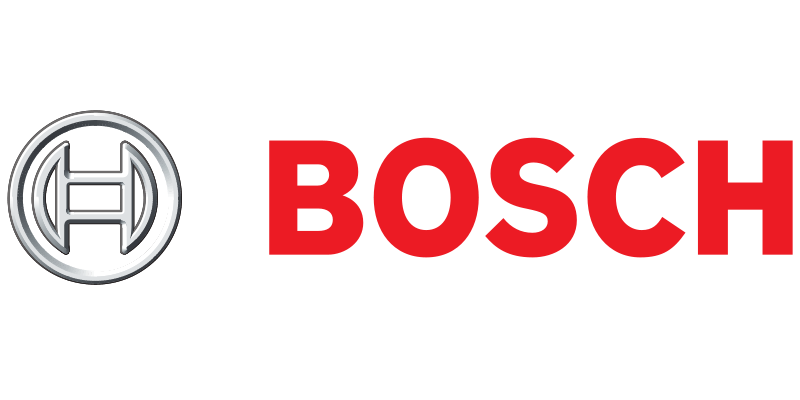
BOSCH
Background: Robert Bosch GmbH is a global leader in technology and services.
Reshoring Initiative: Bosch relocated some of its production lines back to Germany after they had been moved to low-wage countries.
Reasons: Quality assurance, complex production processes, and the desire for closer integration of research and production.

SEIDENSTICKER
Background: The Seidensticker Group is one of the largest shirt manufacturers in Europe.
Reshoring Initiative: Despite moving a significant portion of production to Asia, the company decided to produce certain premium product lines in Germany.
Reasons: Quality requirements, flexibility, and the brand value of the "Made in Germany" label.

TRIGEMA
Background: Trigema is a German manufacturer of sports and leisurewear.
Reshoring Initiative: While many textile companies moved their production to Asia, Trigema consciously chose to keep all production in Germany.
Reasons: Control over production conditions, rapid adaptability to market changes, and ethical considerations.

STEIFF
Background: Steiff, known for its plush toys, particularly teddy bears, has a long tradition in Germany.
Reshoring Initiative: After shifting some production to Asia, a portion of production was brought back to Germany.
Reasons: Quality assurance, protection of the brand image, and a stronger connection to the company's tradition and history.

VAUDE
Background: Vaude is a German manufacturer of outdoor clothing and equipment.
Reshoring Initiative: The company reshored parts of its production, especially high-quality products, to Germany.
Reasons: Sustainability goals, quality standards, and a desire to improve the carbon footprint through shorter transportation distances.
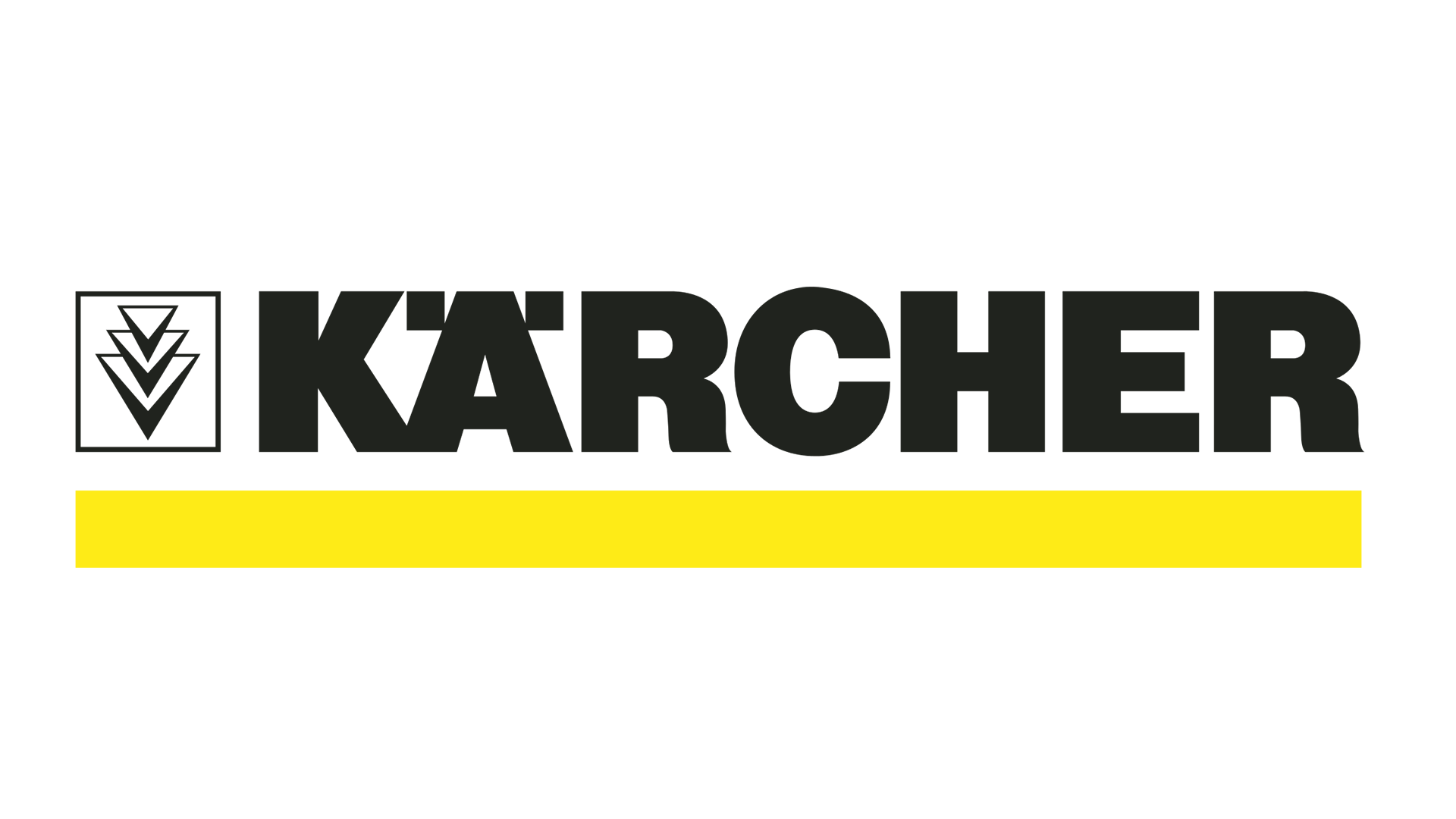
KÄRCHER
Background: Kärcher is a well-known manufacturer of cleaning systems.
Reshoring Initiative: While the company produces globally, it has intentionally maintained and expanded production facilities in Germany.
Reasons: Quality assurance, proximity to research and development, and the value of the "Made in Germany" label.

UVEX
Background: Uvex is a manufacturer of protective products, including helmets and safety goggles.
Reshoring Initiative: Uvex chose to keep the majority of its production in Germany, despite cost-saving opportunities abroad.
Reasons: High-quality standards, quick response times, and flexibility in the market.

SENNHEISER
Background: Sennheiser is a global leader in the manufacturing of microphones, headphones, and wireless transmission technology.
Reshoring Initiative: Although the company produces worldwide, it has retained or reshored certain high-end product lines and specialized product production in Germany.
Reasons: Quality assurance, proximity to research and development, and the brand value of the "Made in Germany" label.
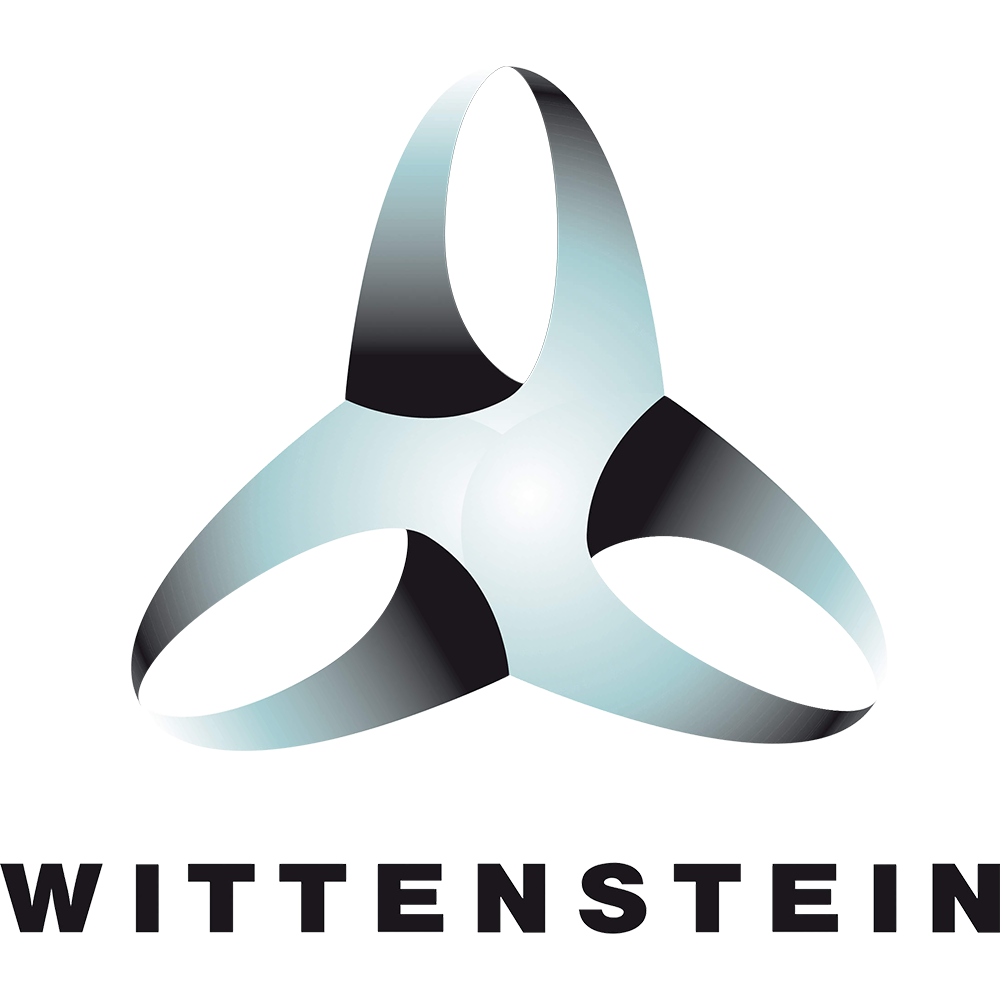
WITTENSTEIN
Background: Wittenstein manufactures mechatronic drive technologies.
Reshoring Initiative: The company intentionally brought production capacity back to Germany.
Reasons: Close collaboration between development and production, quality assurance, and quick responsiveness to customer demands.These examples show that many German companies recognize the value of domestic production. Whether due to quality requirements, brand image, ethical considerations, or the close integration of research and production, reshoring offers significant advantages in many cases.
In Germany, quality and brand image often play a crucial role inreshoring decisions. Companies that opt for reshoring often do so with the desire to leverage the brand value of "Made in Germany" and ensure the high-quality standards for which German products are known.

PPE EUROPE AG
Background: PPE Europe AG, with manufacturing facilities in Germany and Romania, is a producer of medical supply products.
Reshoring Initiative: PPE Europe chose not to establish new manufacturing facilities in Asia and is constructing new plants for nitrile gloves and nonwoven products in Romania.
Motivations: Quality assurance, integration of R&D and production, control over the production process, the ability to respond quickly to market changes, ethical considerations, digitalization.
